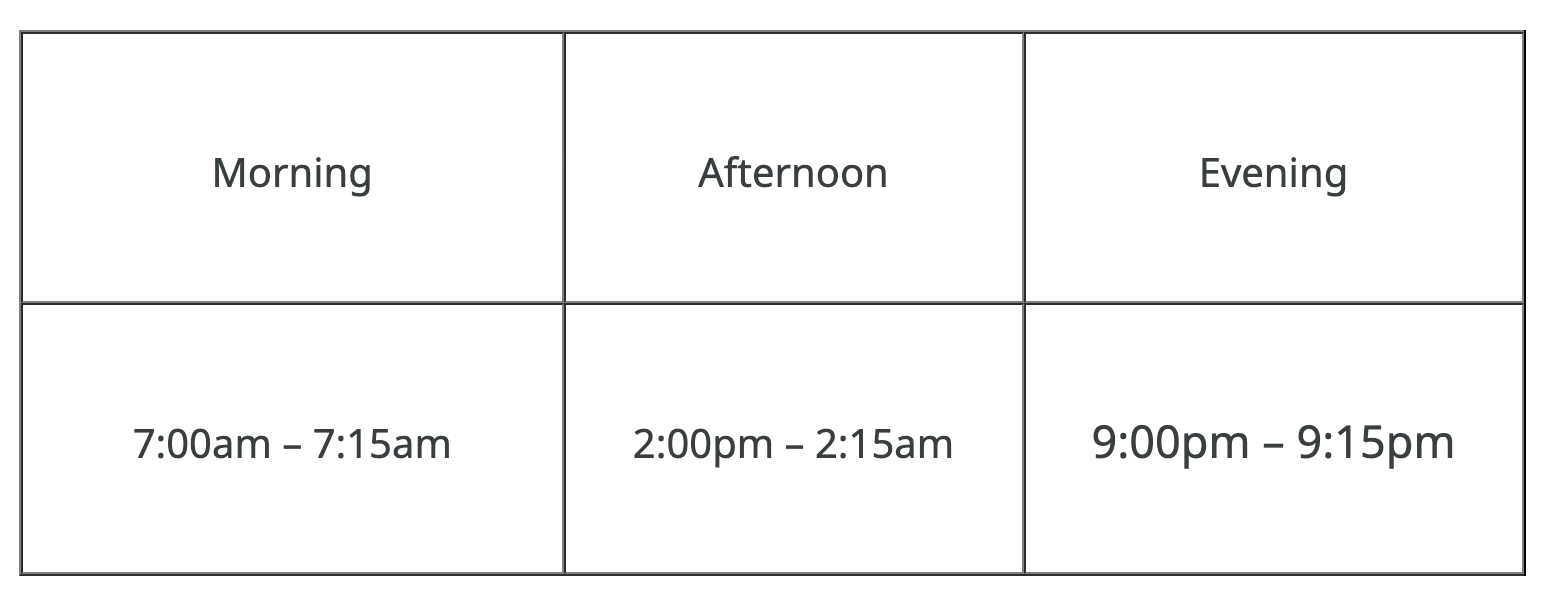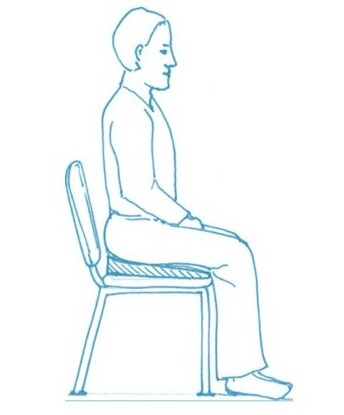Yes, you read correctly: learning to play the piano is now incredibly simple for beginners. All you need to do is set aside 15 minutes daily, and you may practice anytime, anywhere. The simple step-by-step guide that will guide you through the online piano learning process is below.
Note: You don’t need a Piano to start your learning journey, you can use your mobile or even
Virtual keyboard on your computers
Below are the steps to install the “Piano Perfect’ App on mobile
For Desktop and Laptop users, below is the link for the virtual piano keyboard layout
Step 1- 15 minutes of Daily Dedication
The first step in learning the piano for beginners is to set aside 15 minutes a day, the important thing is to make sure you learn during times when you have suitable time and are not rushing, as this will help you to focus, enjoy, and relax while learning the piano. If at all possible, dedicate the same quantity of time each day to learning the piano. This time frame is simply an example; you can modify it according to your needs to learn the piano.
Example as per the table below:

Step 2 – Sitting Posters and Finger Numbers
Once you set aside the time to learn piano, start by sitting comfortably on a Chair, as shown in the picture below:

Hand Fingering
Please note the hand fingering for playing your piano, memorize it.

Thumb Finger is 1, Index Finger is 2, Middle Finger is 3, Ring Finger is 4, Pinky Finger is 5
The left hand is a mirror of the Right hand Finger Pinky Finger is 5, the Ring Finger is 4, the Middle Finger is 3, the Index Finger is 2 and the Thumb Finger is 1

Disclaimer – You need to have smaller 49 piano keys to learn
Step 3 – Know your Piano or Keyboard
There are 88 keys on the piano; the white keys are the natural notes (A–G), while the black keys are the sharps and flats. Whole, Whole, Half, Whole, Whole, Whole, Half is the order. One popular reference is middle C. To play and comprehend the layout better, become familiar with it.

There are 52 white keys and 36 black keys on a typical piano. There are 88 piano keys in all. Twelve piano keys, seven of which are white and five of which are black, make up an octave. The white keys stand for the tones of the C major scale, which are C, D, E, F, G, A, and B. To play in the key of C, just start on any C and play only the white notes.
The black keys of a piano have flats and sharps.
Begin to play piano with right-hand
Let’s start with some fundamentals if you’re just learning how to play the piano with your right hand. Put the thumb (1) of your right hand on Middle C. Numbering the fingers from 1 to 5, the thumb is at the beginning and the pinky is at the finish.

Try now using each finger to play the notes from Middle C to G:
Thumb (1) in Middle C
D: The middle finger (2)
E: Index finger (3)
F: The fourth ring finger
G: Pinky (5)
Play these notes as comfortably and loosely as you can, paying attention to the sound and ensuring that each finger presses the key on its own. You’ll be able to develop coordination and become more at ease with the positioning of your right hand thanks to this. You can experiment with more notes and melodies as you get better. Have fun while playing!
Start playing piano with left hand

Place your left hand’s pinky (number five) on Middle C. The fingers are numbered 1 to 5, with the thumb being the last and the pinky the first, much like with the right hand.
Try now using each finger to play the notes from Middle C to G: Pinky in middle C (5)
B: The fourth ring finger
A – Index finger (3)
G: The middle finger (2)
F – The thumb (1)
As you practice these notes, concentrate on utilizing each finger to make distinct, distinct sounds. You can experiment with more notes as you get more at ease and progressively improve your left-hand dexterity. Have fun as you learn the piano!
Step 4 – Identify the Notes on the Piano
 Pay close attention to and confirm the key pattern on the keyboard. There will be a pattern of two black keys and three black keys on every piano or keyboard. That would have happened again with the keyboard arrangement.
Pay close attention to and confirm the key pattern on the keyboard. There will be a pattern of two black keys and three black keys on every piano or keyboard. That would have happened again with the keyboard arrangement.
Know all your notes: Two black keys left side key is always C

Full Keyboard Layout


Picture 1
Step 5 – Proper Piano Posture
Hold the hand as if you are holding a ball
shown in Picture 1

Picture 1
Please practice these exercises as per Video exercises daily for 5 minutes
Right Hand: 1 2 3 4 5
C D E F G
Left Hand: 1 2 3 4 5
C D E F G

Step 6 – Play your First Rhyme
After mastering these fundamentals, you can play over 25 different rhymes on the piano. To start, we recommend you try this easy first rhyme.
Hot cross buns
Bonus:
The instructions for making hot cross buns are provided below; feel free to try them out and provide comments with your thoughts.
E D C
Hot cross buns!
E D C
Hot cross buns!
C C C C D D D D
One a penny, two a penny,
E D C
Hot cross buns!


